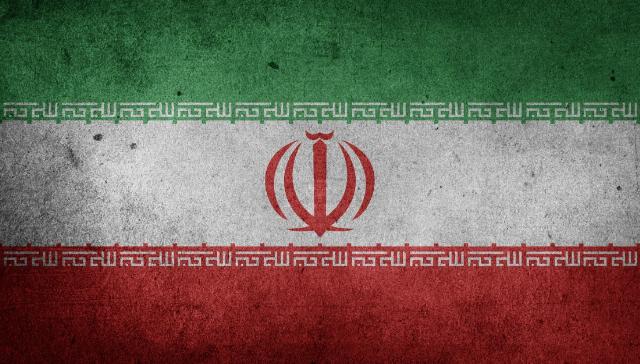A clarion call for regime change in Iran
The recent helicopter crash killing Iranian president Ebrahim Raisi and his foreign minister has once again cast a spotlight on the plight of the people of Iran under the iron-fisted rule of their mullahs.
This event has stirred discussions about the possibility and necessity of regime change in Iran — a sentiment echoed by the Persian populace, who largely oppose the brutal theocratic regime. What most people don’t know about Persians is that they want rock music and MTV, too. And they are not Arabs. They are Persian.
The discontent among Iranians is palpable. The majority of their population yearn for freedom and democracy, chafing under a rule that stifles their aspirations and freedoms. Due to past wars, with so many men lost, their population has shifted to female and elderly, just as is happening in Ukraine. It’s simple math.
The mullahs’ regime is marked by authoritarianism, human rights abuses, and economic mismanagement, which have plunged the nation into turmoil. The Persian people, known for their rich cultural heritage and historical contributions, deserve a government that respects their rights and promotes their well-being.
As for the presidency, in Iran, it is a largely ceremonial position, with the real power vested in the “supreme” leader, currently Ayatollah Ali Khamenei. This dual political system renders the president a figurehead, whereas the clerical establishment wields absolute control over all major policies. Despite this, President Raisi, the interim president and a strong contender to formerly succeed Khamenei in the upcoming elections, had gained notoriety among the mullahs for tightening religious “morality” laws, overseeing violent crackdowns on anti-government protests, and aggressively pursuing nuclear negotiations.
Back to regime change: The notion of regime change in Iran is not new. Some years ago, the United States openly encouraged Iranian citizens to rise against the mullahs, leading them to believe that if they started a citizen uprising, the United States would help them succeed. However, when the people took to the streets in a brave attempt to overthrow their austere government, they were met with brutal repression while the U.S. stood by, offering no substantial support. This betrayal has left a lingering distrust among Iranians regarding any U.S. calls for regime change today. The memory of abandoned revolutionaries casts a long shadow over current geopolitical dynamics.
Given this historical context, any new discourse on regime change must be approached with caution and sincerity. The U.S. and other democratic nations need to consider past failures and ensure that any support offered to the Iranian people is tangible and unwavering. Empty rhetoric will not suffice; strategic, committed action is required.
So what is the solution? Western nations need to come together to support the Iranian people in their quest for freedom. This could involve a combination of diplomatic pressure, economic sanctions targeted at the regime (while sparing the general populace, if possible), and support for grassroots movements within Iran. Cyber-assistance to circumvent government censorship and facilitate communication among dissidents could also prove invaluable. Or, conversely, we can just leave the whole Iranian situation alone. As we know, our foreign adventures have typically failed miserably in the recent past. So, while I’m desirous of regime change from within, I don’t have all the answers. I hope someone reading this does.
Moreover, Iranian diaspora communities around the world can play a crucial role by lobbying their host governments, raising awareness about the situation in Iran and providing support to opposition groups. The global media must continue to shine a light on the Iranian regime’s abuses, keeping the issue in the public eye. No whitewashing of abuses. Showcase them front and center anywhere and everywhere. Make the mullahs look like the ogres they are, and the freedom seeking citizens to we looked at as the people they are, like you and me, seeking true religious freedom, which means freedom from religious austerity and liberation from decades of oppression.
The end of the mullahs’ rule could pave the way for peace and stability in the Middle East. Imagine no more Iranian proxies waging unprovoked murderous invasions like the October 7 attack.
Now let’s really stretch our imagination. Let’s imagine what the world would look like if the regime of the world’s largest sponsors of terrorism ceased to exist.
Jerry McGlothlin serves as the CEO of Special Guests, a publicity agency known for representing guests dedicated to preserving and advancing our constitutional republic and maintaining a Judeo-Christian ethic.

Image: Chickenonline via Pixabay, Pixabay License.





